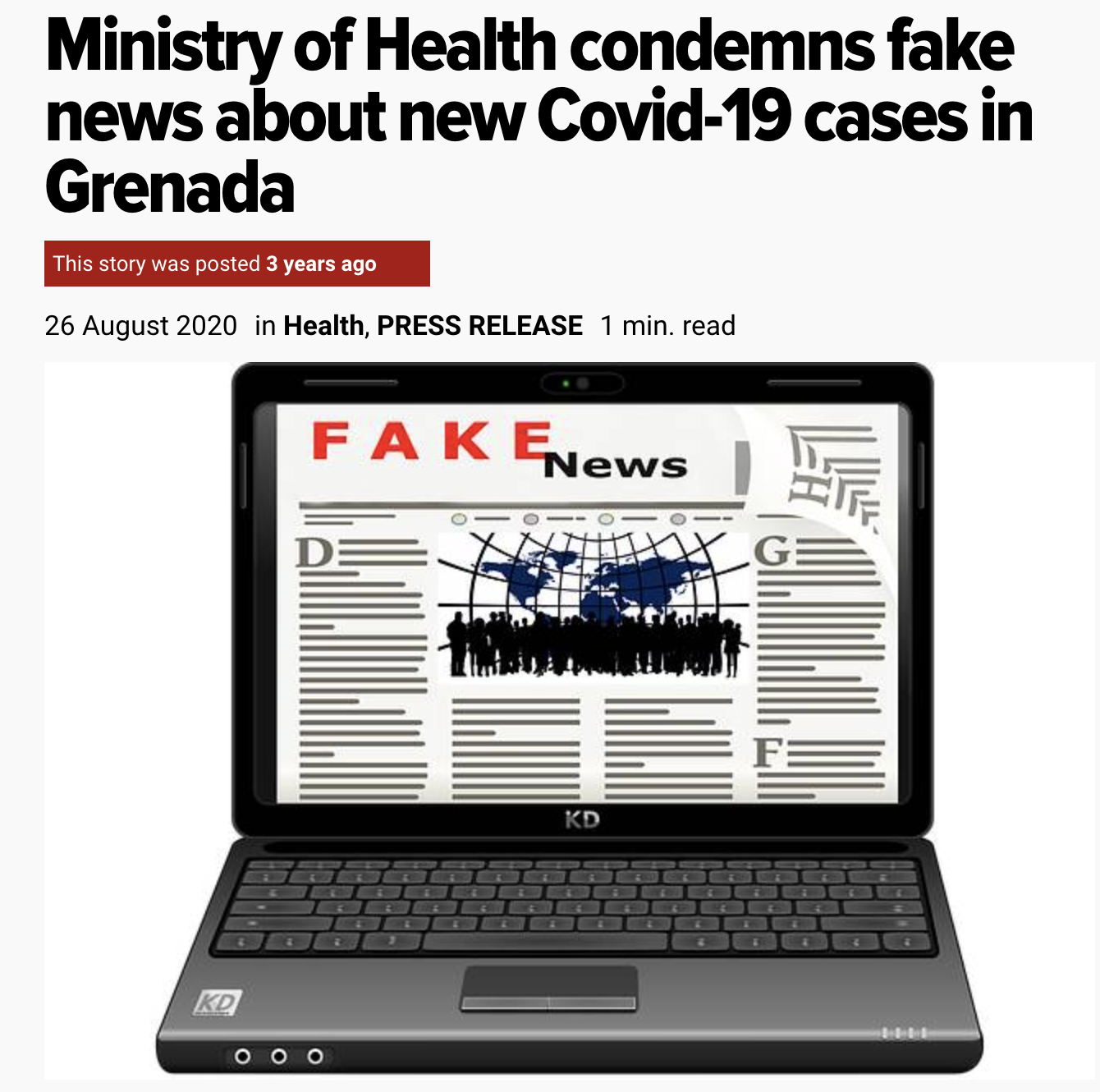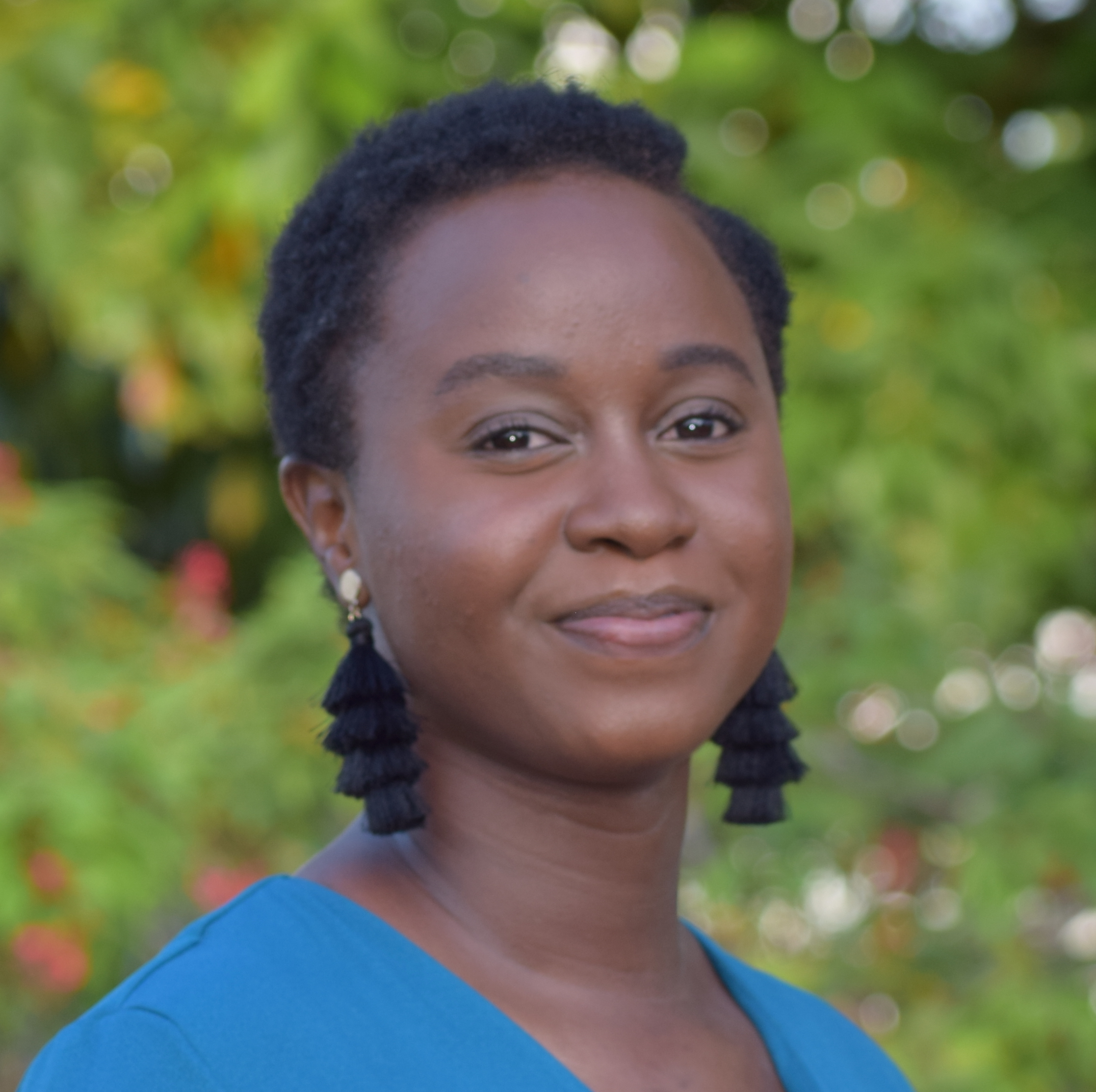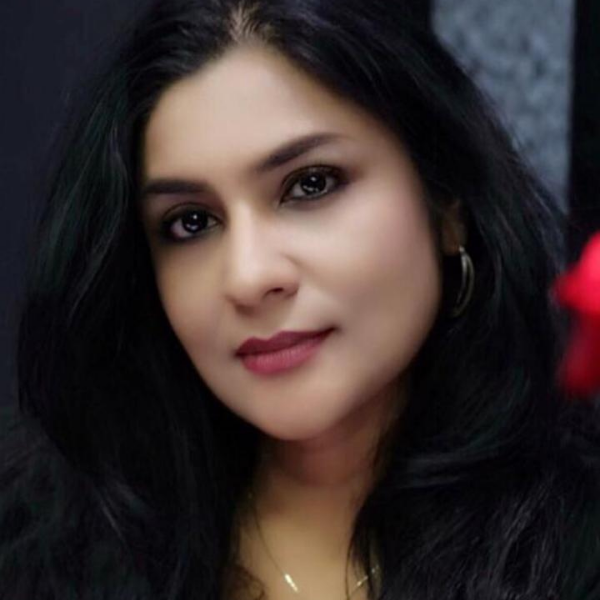Like almost all regions of the world, the Caribbean has experienced problems of disinformation and false news in recent years, especially in the wake of the COVID-19 pandemic. However, Caribbean countries present particular circumstances that make it more difficult to combat these problems.
Promoting media literacy in schools, stimulating collaboration among the region's media and journalists, and improving the training and working conditions of the region’s communication professionals were some of the recommendations issued by a group of researchers who carried out the diagnostic study "Media literacy, Disinformation & Misinformation in the Caribbean." The study was prepared by the Public Media Alliance, based in the United Kingdom; the Media Institute of the Caribbean (MIC), and the Association of Caribbean Media Workers (ACM), with support from UNESCO’s International Programme for the Development of Communication.
The study, which was published in December 2022 and covered a sample of eight countries (Bahamas, Barbados, Grenada, Guyana, Jamaica, St. Vincent and the Grenadines, Suriname, and Trinidad and Tobago), was part of a joint project that seeks to improve the information ecosystems of Caribbean nations.
“Media and information literacy are one of the most essential skills in today's society, and we typically don't have a lot of work that focuses on the Caribbean specifically,” PMA’s Advocacy Coordinator Desilon Daniels told LatAm Journalism Review (LJR). “We thought that [the study] is pertinent in a region that we think is typically undercovered and underreported.”
After more than a year of work, the researchers found that none of the countries studied is exactly the same as any other in terms of media ecosystems. However, they found challenges that are present in all eight countries to a greater or lesser extent, which create the ideal environment for the proliferation of disinformation and misinformation.
One such challenge is the presence of a tenuous media literacy in the population, which has been weakening with the rapid emergence of new sources of information, such as social media.

In some Caribbean countries, fake social media information is often published by news outlets. (Photo: Screenshot from nowgrenada.com)
The Caribbean has sort of a culture of sharing information much more informally, speaking casually with your neighbors or with someone over WhatsApp, or passing things through the grapevine. But without people knowing how to apply critical thinking to the things that people tell them, it really adds to the disinformation issue, because it's harder to differentiate between facts and fiction,” Daniels said. “The more information and media literacy skills a society has, the better we’ll be able to really analyze what's in front of us, whether it's our social media, or something someone is telling us.”
Subjects that taught critical thinking to students in countries such as Trinidad and Tobago were removed from school curricula, according to researcher Kiran Maharaj, chair of the MIC. Researchers recommended establishing such classes at all educational levels in Caribbean countries, as these could have a positive impact on improving media literacy.
But training in critical thinking and media literacy skills should not be limited to children and youth, according to researchers. Some recommended including educators and journalists in such training. Researcher Corinne Barnes, a professor at the Caribbean School of Media and Communication at the University of the West Indies, in Jamaica, recommended introducing media literacy as part of the curriculum of journalism schools on the island.
In Grenada, one of the smallest countries in the Western Hemisphere, with 112,000 inhabitants, there have been initiatives for the introduction of media literacy programs since 2018, according to the study. However, no initiative has materialized.
“The digital world is very exciting and it makes you feel empowered. And it gives you the badge of ‘I'm an informer and I'm sharing what I know.’ It makes you feel good. There's a sense of self-actualization, if you follow the Maslow theory,” Maharaj told LJR. “People do this not knowing and not understanding. I think it's one of the fields of our societies that we have not had the time to realize how out of control it is, and do anything about it.”
As in other parts of the world, electoral processes and crises such as the COVID-19 pandemic have been moments in which the impacts of disinformation have been made evident in Caribbean countries. However, in this region of the American continent there are specific phenomena around which disinformation can cause negative impacts and unleash real crises.
Some examples of these sensitive issues are climate change, LGBTQ+ issues, migration, and Venezuelan refugees.
“That disinformation could really cause strife in communities. It can cause people going to the wrong places for information, and it can also in many cases cause distrust among the population to established news organizations and also to their governments,” Daniels said. “It was particularly noted during the pandemic: Disinformation was really a struggle for governments to handle and for news agencies themselves. It was definitely sometimes the difference between life and death.”
The researchers found that in some Caribbean countries there has been politically motivated disinformation, especially during election campaigns. In Grenada, for example, during the two weeks leading up to the June 2022 elections, a series of messages circulated massively through platforms such as WhatsApp with false or misleading messages about the two main political parties, according to the study.
Some of the messages with false information were picked up by journalistic media and published as news. Whether this was due to a lack of journalistic rigor or was part of a disinformation campaign is unknown, but it was evidence of how misinformation and poor journalistic standards can tarnish trust in the media.
However, disinformation through massive campaigns for political destabilization is not yet as big a problem in the Caribbean as it is in other countries of the continent.
“The researchers certainly noted that there's politically motivated disinformation, especially during elections. It's something that you see, people putting out negative or incorrect information about their opponents, or a party that they don't support. That's also a form of disinformation, but it's not as systematic as what you would see with certain countries. It's not an industry,” Daniels said.
Another challenge that favors the spread of misinformation in the Caribbean is the precarious work conditions faced by press workers and a certain degree of informality in the practice of journalism.
Multi-tasking or overworked journalists, under-resourced newsrooms and a shortage of press professionals are situations found in most of the countries analyzed in the study. While nations such as Jamaica and the Bahamas have better established media companies, the press in smaller nations such as St. Vincent and the Grenadines, and Suriname face more difficult situations.

Desilon Daniels, at the Public Media Alliance (PMA), said the Caribbean is an under-covered region. (Photo: Courtesy PMA)
“[There is] The struggle of media houses sometimes to meet the demands. It’s not that there's a lack of news, but that the media are having to kind of pick and choose where they place the priorities because they're under-resourced or don't have enough human resources available, or people aren't skilled enough to sometimes execute the tasks that are put to them,” Daniels said. “It's not uncommon to find a journalist who's also an editor, or a photojournalist that is helping in some other aspect in the newsroom.”
A problem that compounds the impact of misinformation is the access to media jobs by people who are not adequately prepared. In Grenada, for example, researcher Linda Straker found that it is common for recent high school graduates to join the print, radio or television media. In St. Vincent and the Grenadines, researcher Colvin Harris said that radio hosts are often unwitting conduits of misinformation because few of them have a university degree related to communication.
“This is not the case in every country in the Caribbean, but there are countries that have more rigorous professionalization. For instance, in Jamaica, where there is the University of the West Indies,” Daniels said. “It's a matter of access as well. In certain countries, you aren't really going to find a rigorous journalism or communications program. So, sometimes it's not even a lack of will or desire on the part of the media practitioners. Sometimes it's just about what's accessible.”
Similarly, special skills that are needed to combat misinformation, such as data journalism or fact-checking, are also in short supply among Caribbean news outlets. Maharaj said that regional organizations such as MIC and ACM have conducted training for journalists in the region on such skills over the past four years, mostly online. Since, despite geographical proximity, it is complicated and expensive to move from one Caribbean country to another.
“There is a lack of fact-checking throughout the region. We do have some journalists who have started to specialize, but again, there are hindrances with the resources. Meaning the software, the financial implications, the willingness by groups to get together and do this in a meaningful way, that is lacking,” Maharaj said.
In addition, legislation on the right of access to public information is in its infancy, leaving journalists with few mechanisms to obtain official information. Therefore, in January of this year, MIC launched a cloud-based support platform to help journalists and NGOs submit their access to information requests.
“We don't have open sources of data, we can start with that. We still have to have a journalist go and sit in a dusty office with tons of cardboard boxes in moldy rooms to look for information. That still exists,” Maharaj added.
In view of these situations, the study's researchers recommended greater regulation of the media and strengthening the professionalization of communication as a way to curb the impact of what the study describes as "irresponsible journalism." They also called on governments to build or strengthen access to information legislation.
In recent years, in Latin America, collaboration between news outlets in different countries of the region has been strengthened. Latin American news outlets have even collaborated in global investigations such as the Panama Papers and the Pandora Papers. However, this is not the case in Caribbean countries.
The study found that there have been few cases in which Caribbean media have participated in transnational investigations or with other media in the region. The researchers emphasized the need to carry out collaborative projects, not only among newsrooms and journalists to produce news projects, but also among media companies and governments to develop strategies to combat disinformation and promote media literacy.
“Because of just the way that things are set geographically, sometimes collaboration is much more difficult,” Daniels said. “I do know from this research that Caribbean journalists want to have more of that collaboration. They want to see more things, for instance, like investigative journalism of more projects that benefit the region as a whole. But of course that comes with having to navigate issues like, how do you remain competitive when you're also collaborating?”
Researchers believe that collaboration can be the path to improve skills such as fact-checking, greater professionalization of journalism and, consequently, greater trust in the news media in Caribbean countries.
Also as part of the PMA project to obtain a diagnosis on disinformation and media literacy in the Caribbean, a virtual workshop was held in July 2022 with 23 journalists and media representatives from 11 Caribbean countries.
As a result of the workshop, an eight-point action plan was designed that focuses on key areas to create a sustainable and favorable environment to address disinformation in the region, improve media literacy and rebuild trust in the news media.

Kiran Maharaj, president of the Caribbean Media Institute (MIC), was in charge of the research on disinformation in Trinidad and Tobago. (Photo: Courtesy MIC)
Among the plan's action items are developing a Code of Practice on disinformation and misinformation; launching a public awareness campaign on how to identify disinformation and misinformation with the support of media, authorities and educators; creating an online knowledge center for the region's communication professionals; and investing in the technology needed to combat disinformation.
The plan also includes making a commitment to the training and development of journalists in the region; fostering media literacy in school systems; increasing and strengthening collaboration among journalists in the region, including journalists' associations and the media; and addressing the problem of technology companies' responsibility for misinformation through an industry-wide approach.
Although the plan was published at the end of 2022, concrete actions to implement it are not yet underway. The organizations behind the project expect to see the first results of the plan in late 2023 or early 2024, especially on the points that have to do with boosting media literacy in educational institutions.
“We're looking at how we can expand the project and collaborate with embassies, with governments, and education ministries to have a media and information literacy project that also incorporates support from news media. And how we can look at bridging the gap that was identified by researchers between news media and the education systems,” Daniels said.